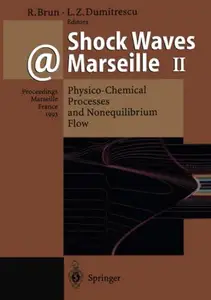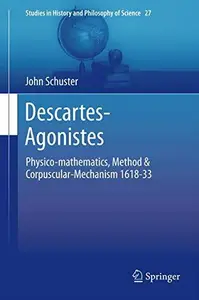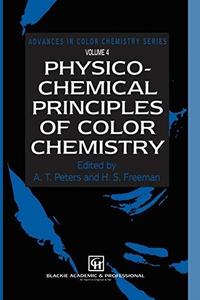
Free Download Shock Waves @ Marseille II: Physico-Chemical Processes and Nonequilibrium Flow By John H. Kiefer (auth.), Professor Dr. Raymond Brun, Professor Dr. Lucien Z. Dumitrescu (eds.)
1995 | 467 Pages | ISBN: 3642788343 | PDF | 18 MB
This volume deals with chemical kinetics of high-temperature shocked flows. The first papers describe the kinetics of many processes in gases and gas mixtures behind shock waves in shock tubes, including decomposition, oxidation, dissociation and various reactions, with the general purpose of measuring corresponding rate constants by various diagnostic techniques. Other papers treat problems of induced combustion behind shock paves propagating in combustible media. Theoretical and experimental studies on nonequilibrium flows in external and internal aerodynamics, including vibrational relaxation, dissociation and reaction kinetics and radiation effects, and the analysis of ionization phenomena induced by shock waves and of the behavior of shock waves in ionized media such as plasma jets, discharges or magnetic fields are represented.This volume is for chemists and chemical engineers working in reaction kinetics and combustion fields, plasma physicists, astrophysicists and also aerodynamicists simulating or computing relaxing reactive flows.

